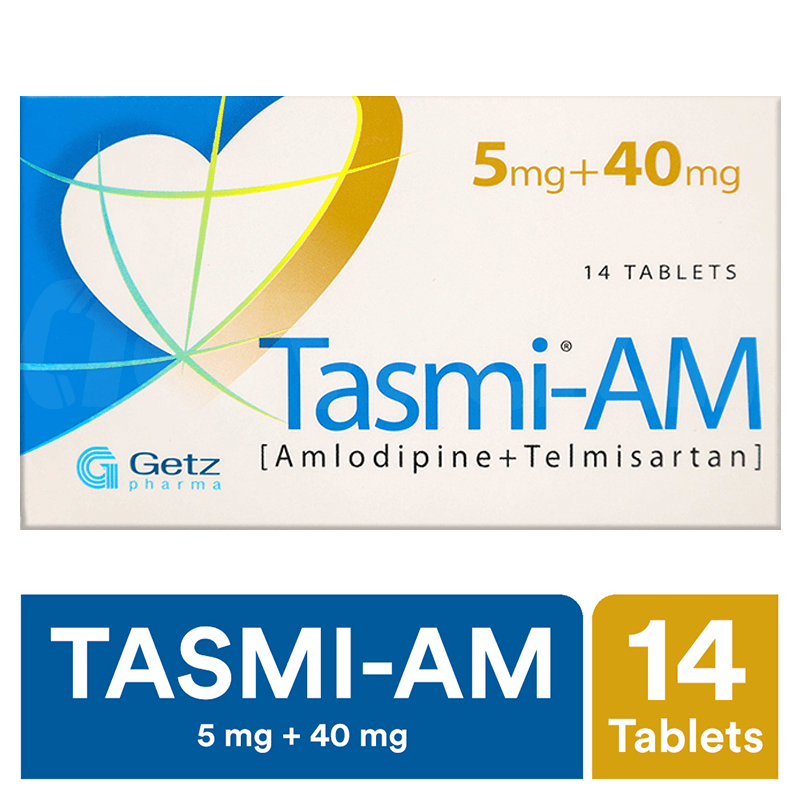Introduction
Expert Advice
Take with or without meals, to prevent stomach upset take with meals, contact prescriber if there is unrelieved headaches, vomiting, constipation, palpitation, arm, leg or facial swelling, weight gain or difficulty in breathing
Indications
Amlodipine is approved by the FDA in 1987, is a popular antihypertensive drug belonging to the group of drugs called dihydropyridine calcium channel blockers. Due to their selectivity for the peripheral blood vessels, dihydropyridine calcium channel blockers lower the incidence of myocardial depression and cardiac conduction abnormalities than caused by other calcium channel blockers.
Amlodipine is commonly used in the treatment of high blood pressure and angina. Amlodipine has antioxidant properties and an ability to enhance the production of nitric oxide (NO), an important vasodilator that decreases blood pressure . The option for single daily dosing of amlodipine is an amazing feature of this drug.
Side Effects
Headache, edema, fatigue, nausea, flushing and dizziness, rash, alopecia, angioedema, palpitations, dyspnoea, abdominal pain, back pain
Contraindications
Cardiogenic shocks, aortic stenosis, unstable angina, left ventricular outflow obstruction, severe hypotension, unstable heart failure following MI, hypersensitivity to dihydropyridines.
Indications:
This medication is used for treating hypertension (high blood pressure), cardiovascular (involving the heart and its blood vessels) events in patients with atherosclerotic disease (plaque build-up inside arteries), and type 2 diabetes mellitus (disease characterized by glucose impairment) with specific organ damage.
Storage:
Please store this medicine at room temperature (18-25 Celsius). Keep medicine away from children, and excessive light and moisture.
Read the leaflet provided with the medicine for further storage guidance.
Effects on pregnancy and lactation:
This medicine is not recommended for pregnant females.
This medicine is not recommended for nursing females.
Side Effects:
The patients administered with this medicine may experience respiratory tract infections, back pain, sinusitis (sinus infection), diarrhea, flu-like-symptoms, pharyngitis (inflammation of pharynx), weakness, fever, hyperkalemia (increased potassium levels), hypotension (low blood pressure), renal (kidney) failure, glaucoma (increased pressure in eye), and heart problems.
Precautions:
The patients with impaired hepatic (liver) and renal (kidney) function, heart abnormalities, electrolyte disturbances, dietary salt restriction, primary aldosteronism (increase in aldosterone levels), and elderly should use this medicine cautiously.
Administration:
This medicine is mostly taken orally. The dosage is dependent on the severity of condition and response to treatment. Please consult your doctor before use.
Contraindications:
The patients with hepatic (liver) disorders and impairment e.g. cholestasis (reduction or stoppage of bile flow), refractory hypokalemia (decreased potassium levels), and hypercalcemia (increased calcium levels) should avoid use of this medicine.

![]() Prescription Required
Prescription Required







